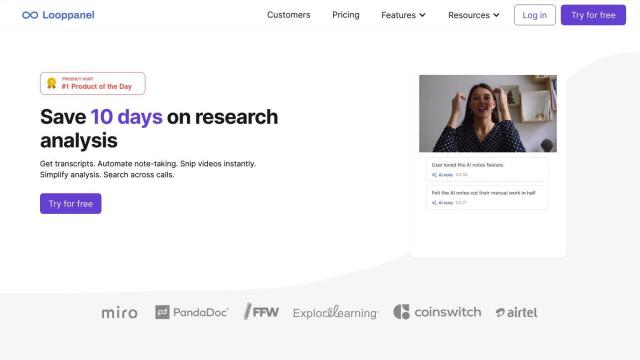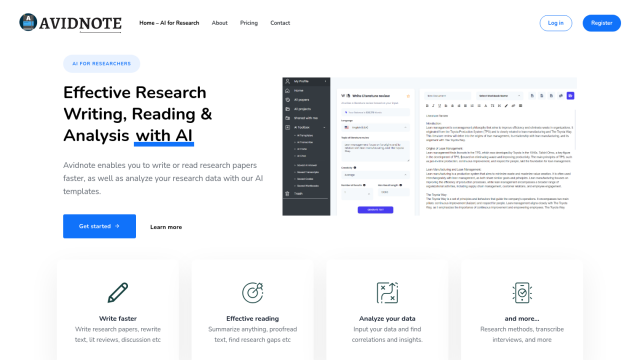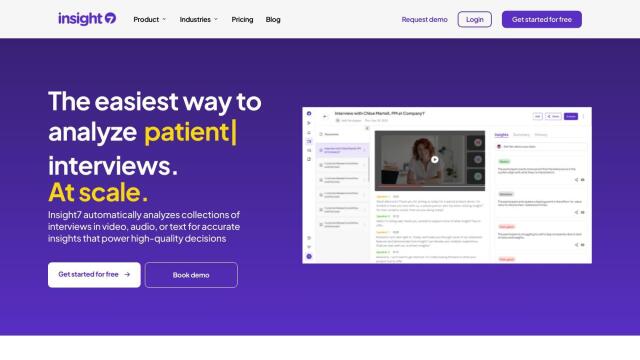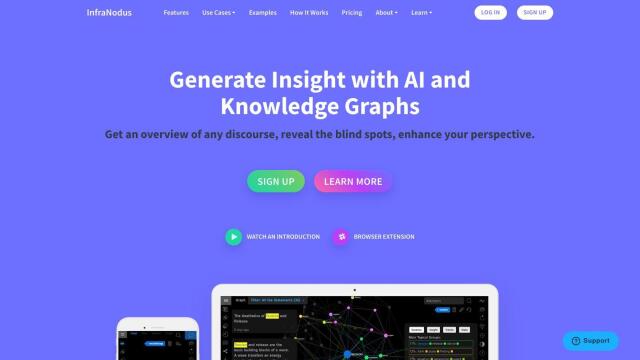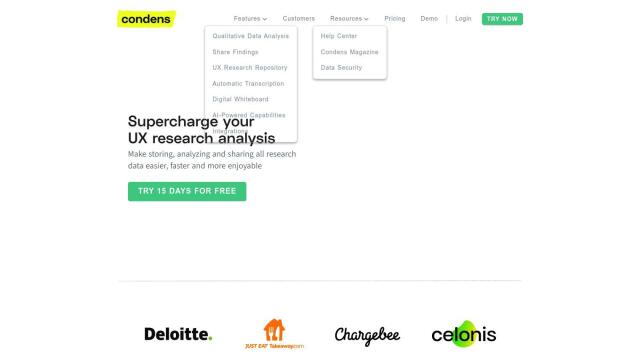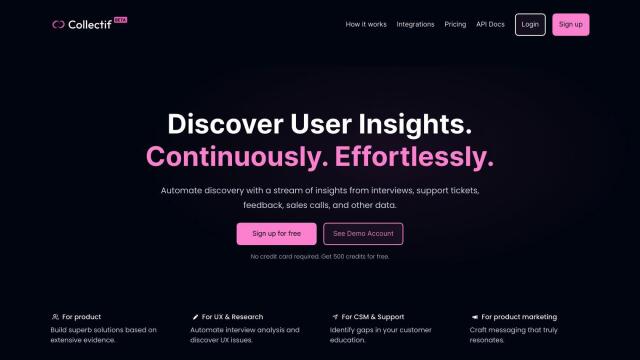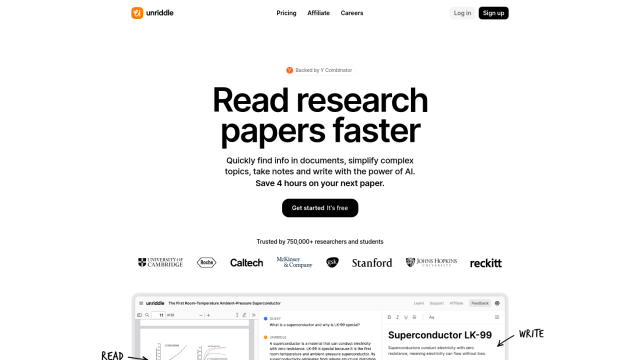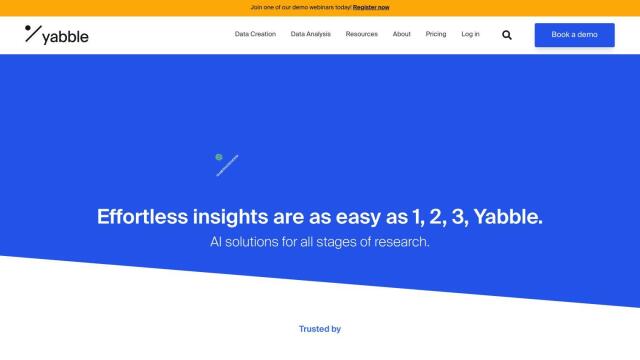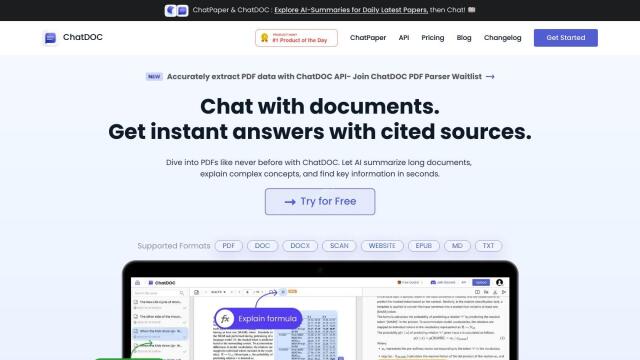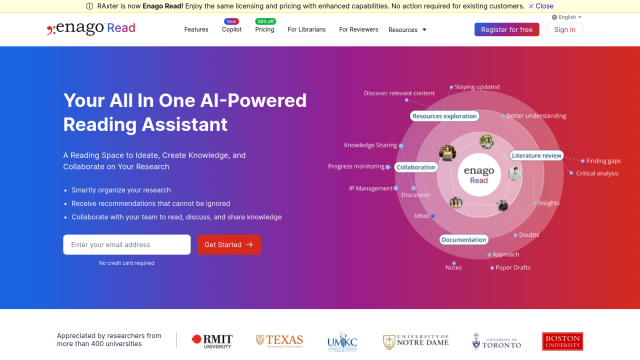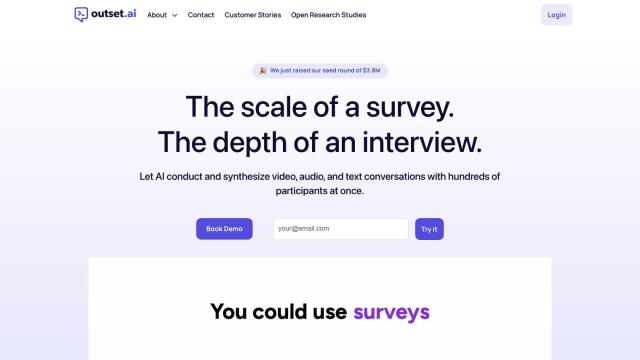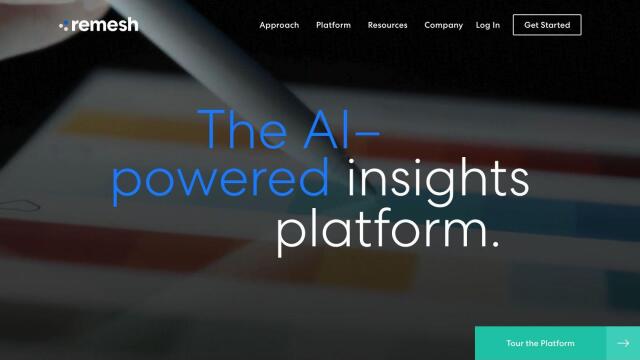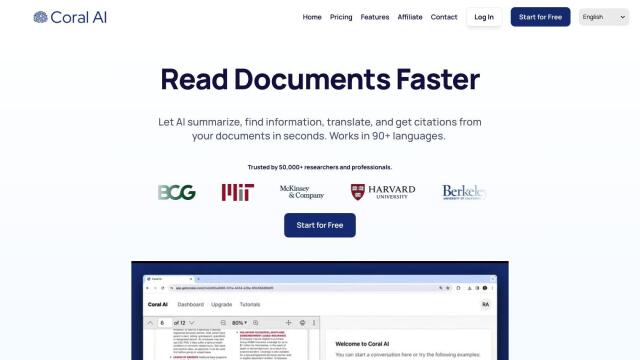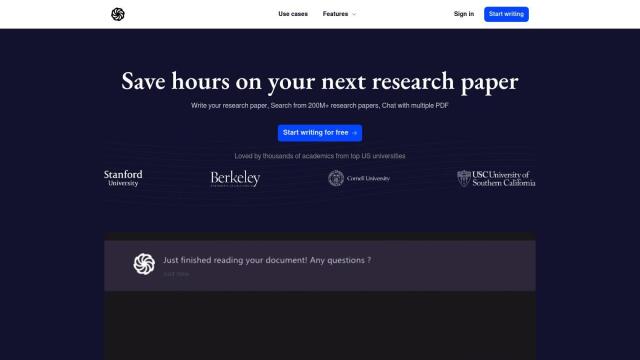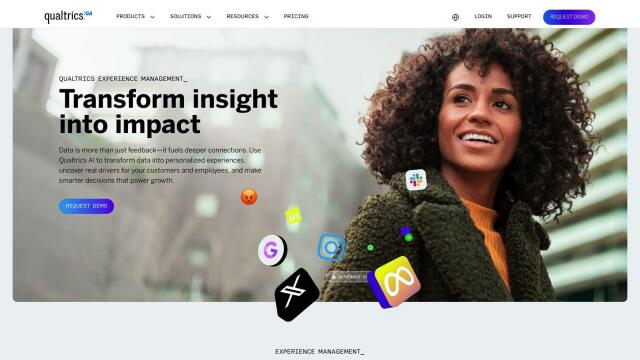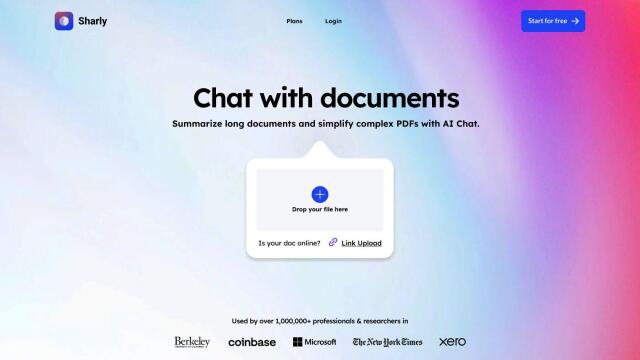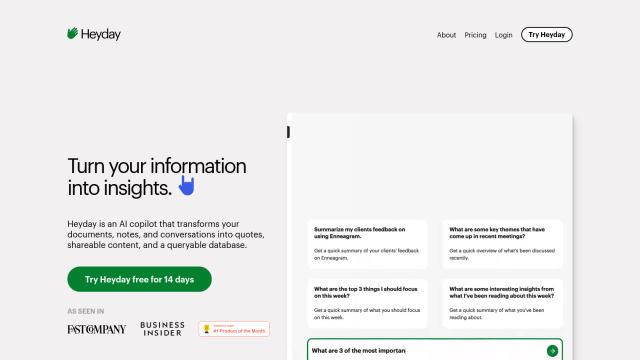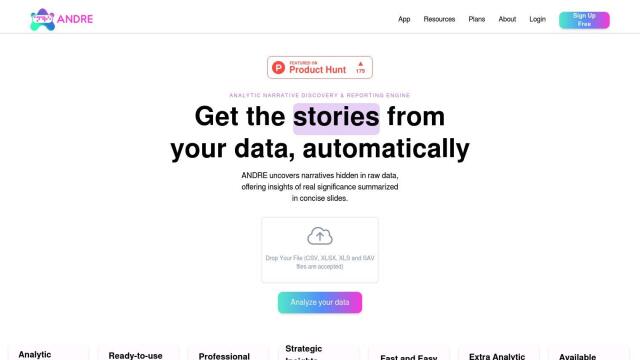Question: I'm looking for a software that can help me organize and analyze qualitative research data, including text search and word clouds.

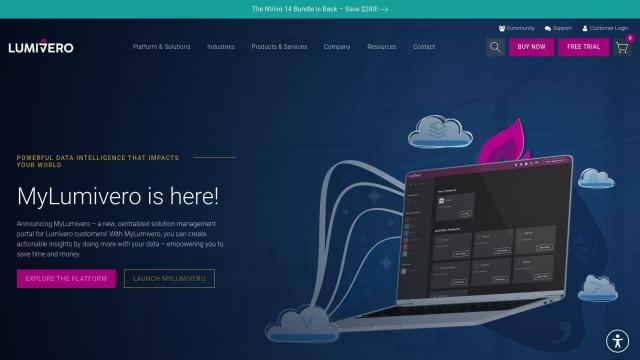
Lumivero
If you're looking for software to process and analyze qualitative research data, Lumivero is a good option. The tool lets you merge and structure different types of data, including video, audio, photos, text and social media posts, in one workspace. It's got tools for qualitative research like feedback analysis, focus group analysis and automated text searches, word clouds and color highlights to help you structure your data. Lumivero also lets you export data to Microsoft Word or Excel and generate reports, so it's a good option for many industries.

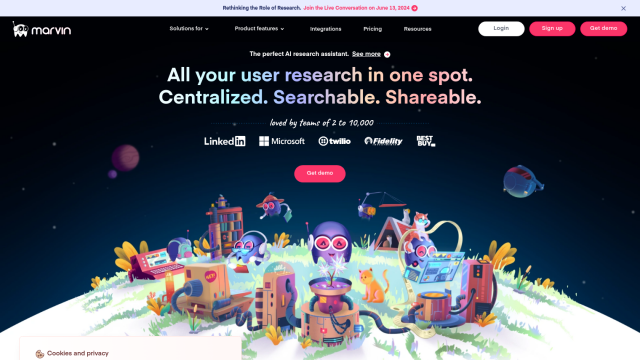
Marvin
Another good option is Marvin, a user research platform that uses artificial intelligence technology to automate some of the drudgery of qualitative research and data analysis. It's got tools like automated transcription, timestamped notes, and a repository to store and organize user interviews, transcripts, notes and research artifacts. Marvin is designed to let teams easily find and analyze lots of research data, so it's good for product designers, researchers and students doing UX research.

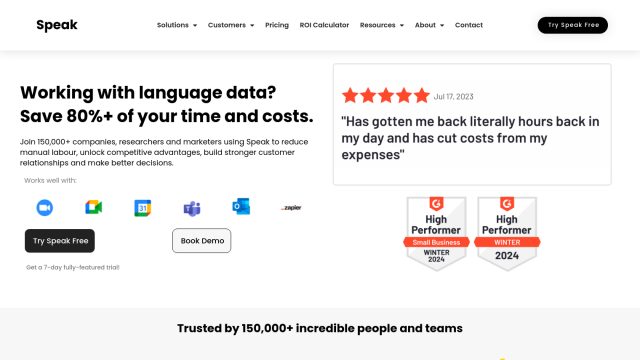
Speak
If you want a more general-purpose tool with AI smarts, Speak is worth a look. It's good at capturing and processing unstructured language data, with tools like converting audio and video to text, meeting assistance and qualitative research. Speak also offers professional transcription, natural language processing and sentiment analysis, and it integrates with Zoom and Microsoft Teams. That makes it a good option for market researchers, qualitative researchers and universities trying to automate their workflows and get more out of language data.

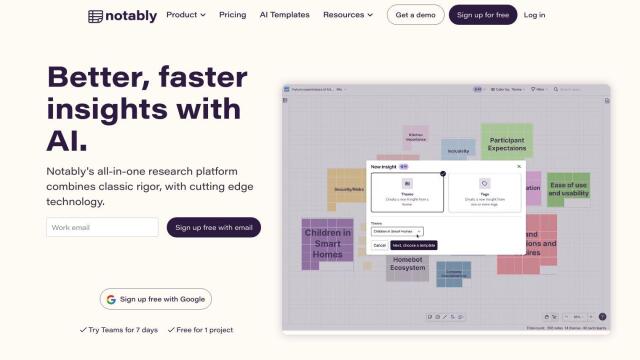
Notably
Last, Notably marries traditional research rigor with AI technology to offer a powerful tool for synthesizing insights from a lot of data. It offers AI-powered templates, instant analysis and a multi-view workspace to help you get a handle on your data. With tools for cluster analysis and digital sticky notes, Notably can transcribe video and has a variety of pricing tiers for different needs, so it's good for product researchers, market researchers and academic researchers.

